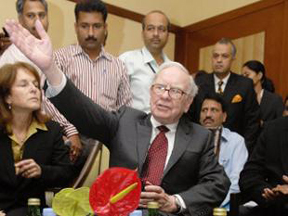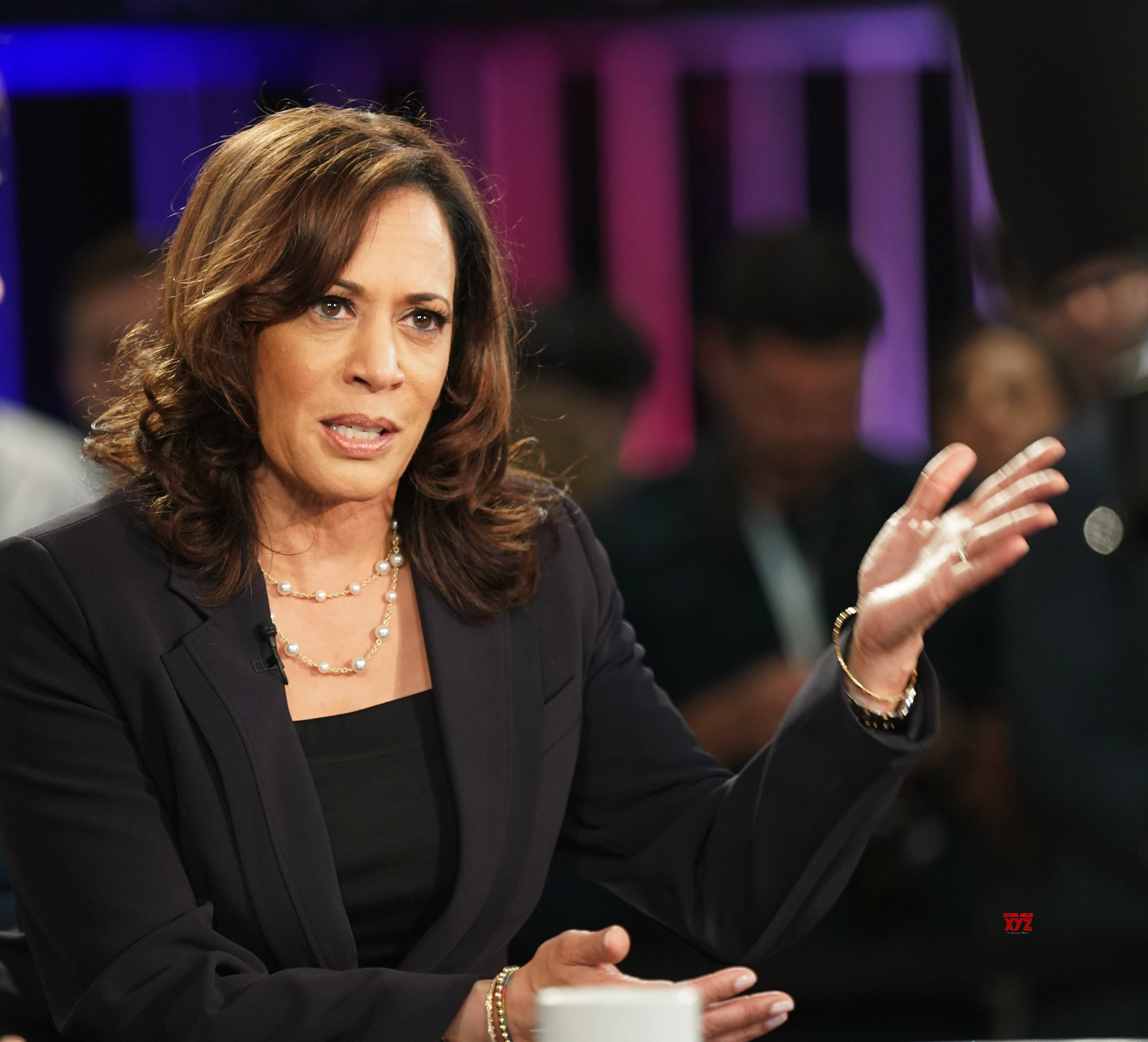 WASHINGTON: For the first time India has a government that understands business and foreign investment, the new head of an influential Indo-US business advocacy group has said while cautioning that the country needs to ensure “predictability” on law, policy and bureaucracy.
WASHINGTON: For the first time India has a government that understands business and foreign investment, the new head of an influential Indo-US business advocacy group has said while cautioning that the country needs to ensure “predictability” on law, policy and bureaucracy.
“This is the challenge I am giving to the US companies.
Do not look for a perfect environment. You have to come in and stake your claims, invest and move forward. Because India has for the first time a government which understands business, which understands foreign investment, is good,” Mukesh Aghi, president of the US India Business Council said.
He argued that the Indian government, which is taking all necessary steps to make India a business and investment friendly destination, needs to be given “a little bit of time to get things in order”.
“For the first time after India’s independence, there are a couple of factors that are playing very well in favor of India. First is the convergence of US India strategic interest. If you look from economic perspective, India needs US investment and US needs India’s market,” Aghi told PTI in an interview.
“From a geopolitical perspective, India is the right partner for the US, because of the values and strategic interest in Asia Pacific. From a global environment perspective, India has an opportunity not to go the fossil route, but leverage clean technology,” he said, adding that for businesses from both sides this is a fantastic opportunity.
“The issue is who is going to take the lead and grab the opportunity,” Aghi asserted.
“The passage of insurance bill has sent a very positive message. The effort to pass the land bill is being appreciated by us, because it has its own challenges, but the government especially the Prime Minister has not given up on that. He is trying to find the balance approach to the bill and make sure that it is passed,” Aghi said.
Responding to a question, the USIBC president stressed the Indian government needs to ensure predictability.
“I think, predictability on the law, policy and bureaucracy is very important and a critical factor. We have to basically also have to ensure that the central government is working hand in hand with the state governments as well,” he said.
US businesses have time and again sought clarity and predictability on issues of policy and taxation in India.
“The sentiment is very high. I have never seen such a high sentiment among all the businesses in the country,” Aghi added.
With the American economy picking up, Europe not in a good shape and the Chinese growth slowing down, Aghi said US companies are “positively looking” at India. The interest is in almost every sector –
infrastructure, insurance, technology and defense, Aghi added.
In the one month that he has been president of USIBC – the most powerful and influential business council for the US companies having a foothold in India – Aghi said he has taken sector wise steps to identify and initiate measures to meet the goal of increasing the bilateral trade from USD 100 billion to USD 500 billion.
“We have created 14 different sectors at USIBC. I have leaders for each sectors. We have aligned our member companies within those sectors and are pushing either investment or trade missions of government policies from the US side to align to that,” Aghi said.
Some of these sectors, for example are financial services, pharma in particular, Intellectual Property Rights, agriculture, immigration and tantalization.
“Indian IR companies are leaving at least a USD 1 billion on the table every year. We need to figure it out how do we get it back to them. It has impact on individuals. It has impact on corporate side,” he said.
The new USIBC president felt that India needs to improve its ranking in “ease of doing business” if New Delhi wants to have more investment coming into the country.
“We have to be there at least in the 50 range. The question is how do you basically drive that efficiency,” he said.
When asked about the new business-friendly environment in India, he said this is not only seen by the Narendra Modi-led government, but also there is a more cohesive step by bureaucracy also, trying to move forward.
Diplomats are also emphasizing on business side, not just foreign policy, Aghi noted.-PTI






